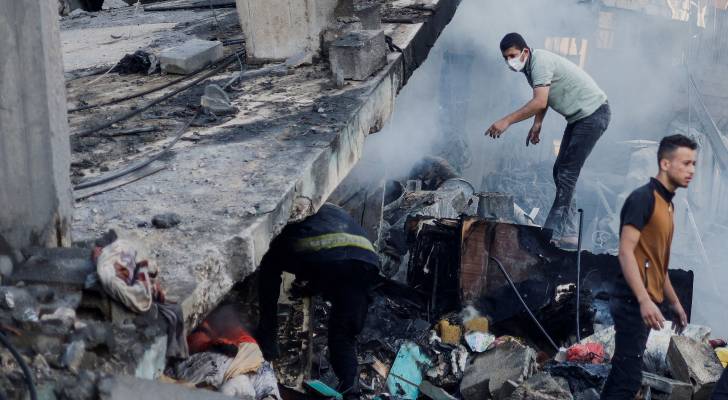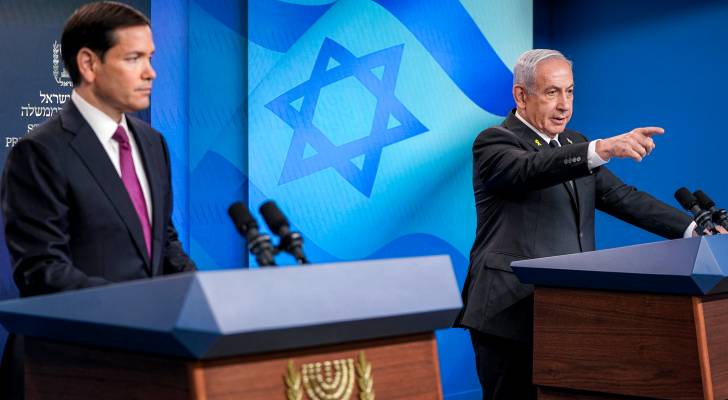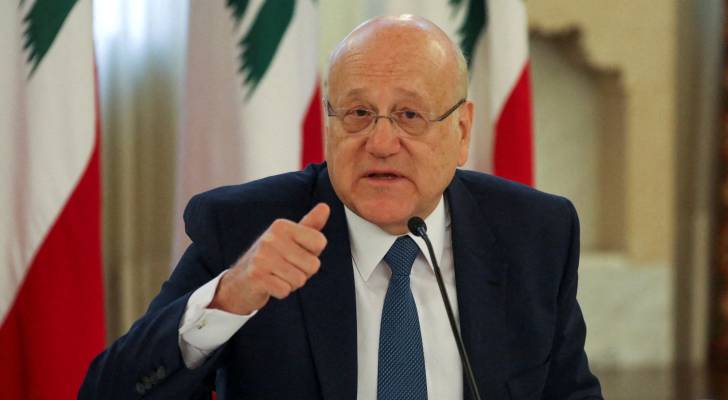International condemnation of Doha attack, rising UN support for Palestine - By Hasan Dajah, The Jordan Times
The Israeli airstrike targeting Hamas leaders in the Qatari capital, Doha, caused a diplomatic earthquake on the international scene. The operation was considered a dangerous precedent, violating the sovereignty of an independent state that plays a mediating role in regional conflicts. As soon as the news broke, reactions poured in from around the world, emphasizing that the incident could not pass without clear condemnation and strong political messages.
Qatar, for its part, described the strike as a blatant aggression that violates its sovereignty and undermines its role as a trusted mediator in regional affairs. It received a wave of solidarity from Arab and Islamic countries, which viewed the targeting of Qatari territory as a violation of all diplomatic norms. Major Arab capitals such as Cairo, Riyadh, and Amman were quick to declare their full solidarity with Doha, while other countries warned of the danger of undermining the principle of state sovereignty and the potential for regional chaos. Western positions were no less strident, with several European countries expressing their dismay at the targeting of political leaders on the territory of a sovereign state, considering such actions to threaten diplomatic efforts to de-escalate and launch a negotiating process. The United Nations also expressed its rejection of the operation, with the Secretary-General stressing that the violation of Qatari sovereignty constitutes a breach of international law and threatens global peace and security. The Security Council also held a heated debate, during which several members expressed concern that the operation could ignite wider tension in the region.
Russia, for its part, considered the strike a flagrant violation of the UN Charter, while some countries took concrete diplomatic steps, such as summoning Israeli ambassadors to lodge formal protests. Even countries that maintain normal relations with Israel, such as the UAE, did not hesitate to issue warnings that such actions undermine the prospects for mediation and increase Israel's international isolation. Remarkably, these developments coincided with a significant move within the UN General Assembly, where Palestine received broad support for a draft resolution reaffirming the two-state solution and calling on the international community to take practical steps to accelerate the establishment of an independent Palestinian state. The vote demonstrated that the vast majority of countries now believe that continued disregard for Palestinian national rights leads to further tension, and that any path to stability in the region must pass through the recognition of Palestine as a sovereign state.
International support for Palestine at the UN was considered a significant political gain, as the large majority of votes gave it additional momentum in confronting Israel and cemented the sense that the Palestinian cause remains a priority on the international agenda. This result was not merely symbolic; rather, it reflects a growing shift in international public opinion, which views Israeli policies as no longer justifiable in light of escalating violations.
Israel, for its part, attempted to defend its operation, claiming that it targeted leaders who posed a direct threat to its security, but it found itself facing a wall of condemnation and warnings, even from traditional partners who usually understood its security positions. The United States, despite its adherence to Israel's right to self-defense, found it difficult to justify the attack on Qatari territory and expressed concern that this escalation would undermine mediation efforts led by some capitals.
The implications of these developments go beyond the Doha incident to reveal a broader shift in the international landscape. The international community no longer tolerates violations of state sovereignty, especially when they relate to a sensitive issue such as the Palestinian issue. The wave of solidarity with Qatar and the UN resolution supporting Palestine demonstrated that the balance of international support is increasingly tilted in favor of the Palestinians, which could constitute a new leverage in future negotiations.
It can be argued that the Israeli strike in Doha backfired on Tel Aviv, increasing its diplomatic isolation and prompting more countries to publicly stand with Palestine. Qatar, for its part, strengthened its position as a state with broad regional and international support, while Palestine took advantage of the moment to gain tangible support at the United Nations. If this momentum continues, this crisis could be a turning point in the process of international recognition of the Palestinian state and in strengthening its presence as a major player on the international stage.
Hasan Dajah is professor of Strategic Studies at Al Hussein Bin Talal University
Latest News
-
 Leaders unite against ‘Israeli’ strike on Qatar at emergency Arab-Islamic Summit
Leaders unite against ‘Israeli’ strike on Qatar at emergency Arab-Islamic Summit
-
 Gaza’s death toll rises to 64,905: Health Ministry
Gaza’s death toll rises to 64,905: Health Ministry
-
 Rubio promises Netanyahu “unwavering support” to ‘Israel’ in Gaza goals
Rubio promises Netanyahu “unwavering support” to ‘Israel’ in Gaza goals
-
 'Israeli' forces to conduct large-scale military drill across West Bank
'Israeli' forces to conduct large-scale military drill across West Bank
-
 French authorities open corruption probe into former Lebanese PM Najib Mikati
French authorities open corruption probe into former Lebanese PM Najib Mikati